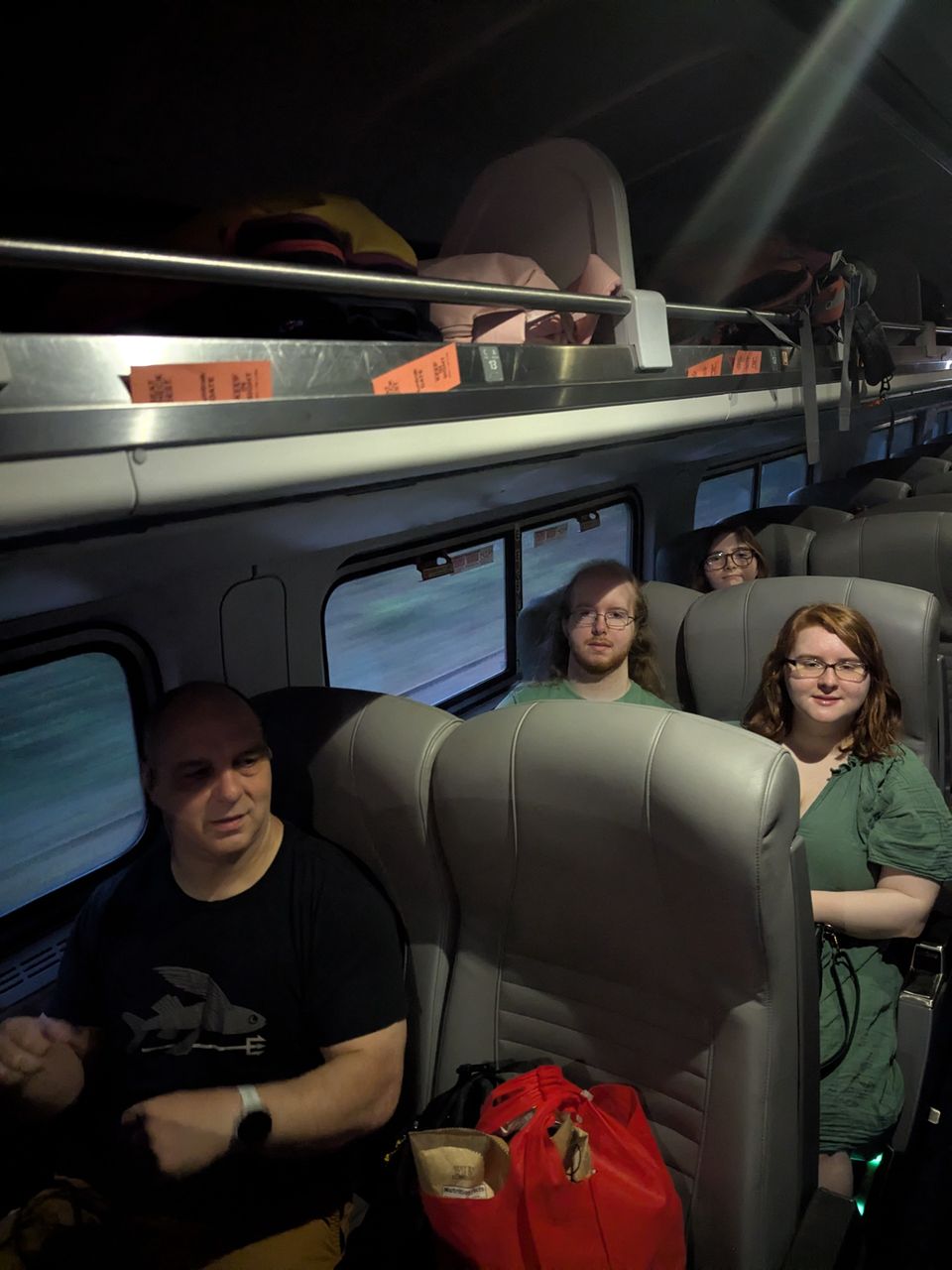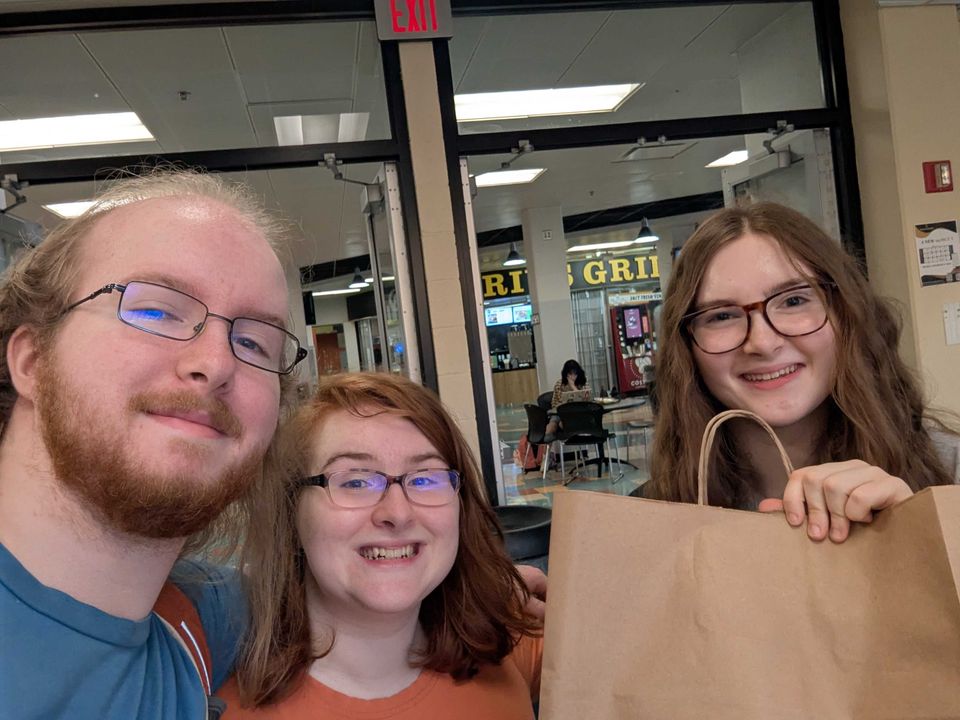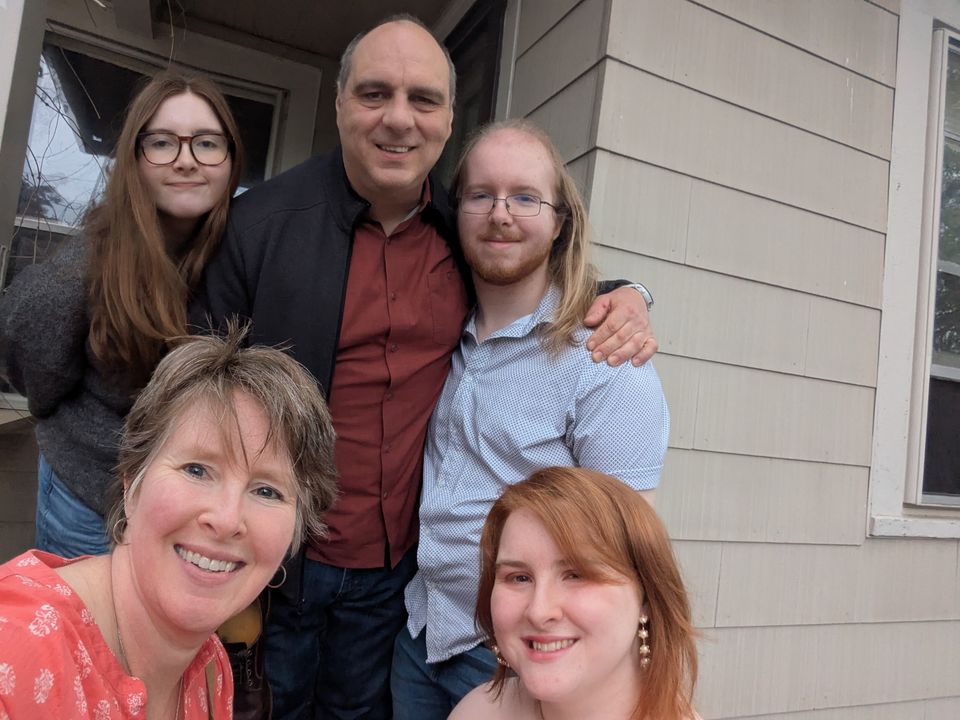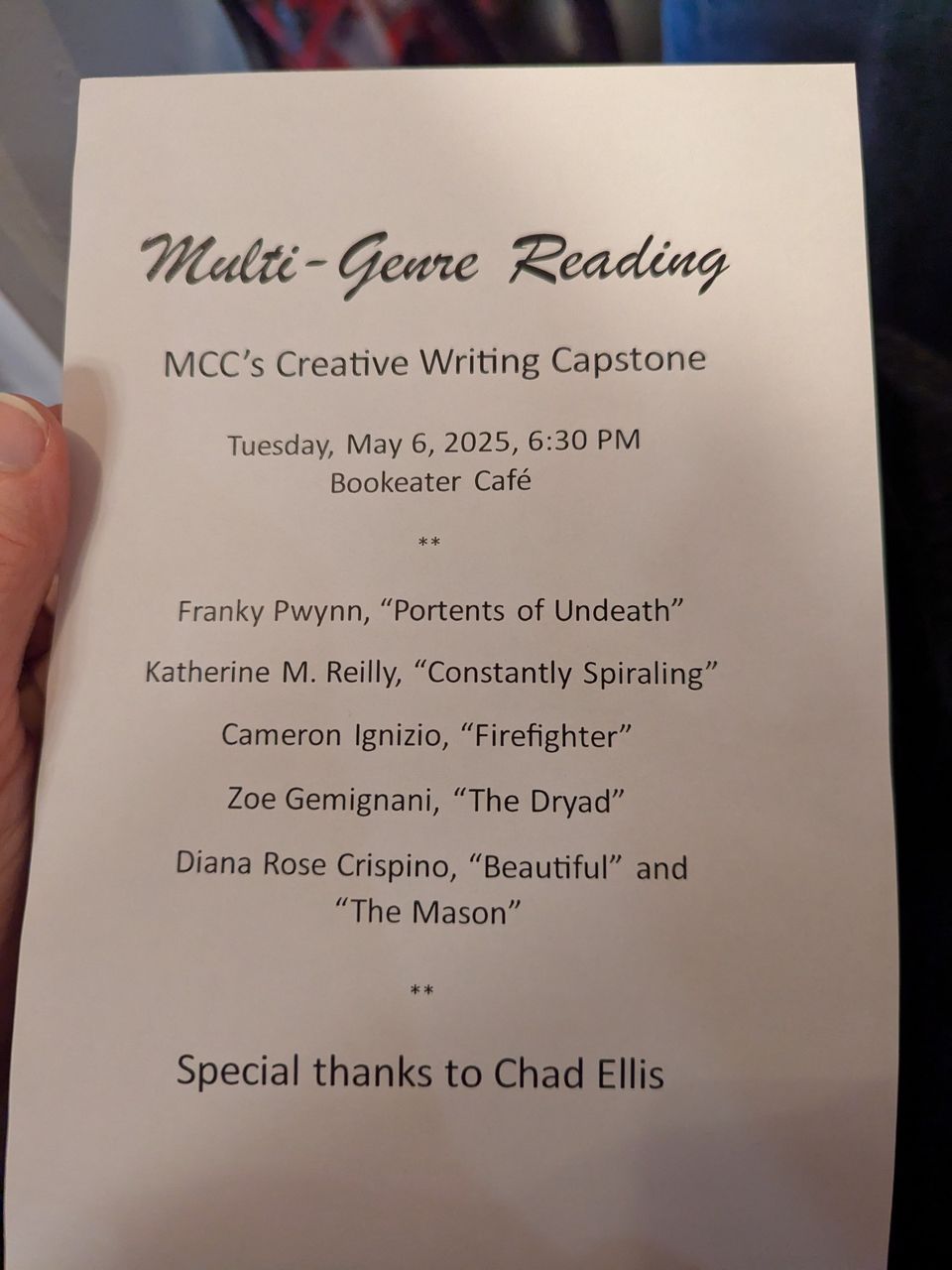Escalation
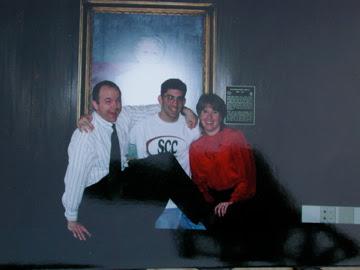
Back in my hall director days at Purdue with Todd, I was in charge of discipline in our hall.
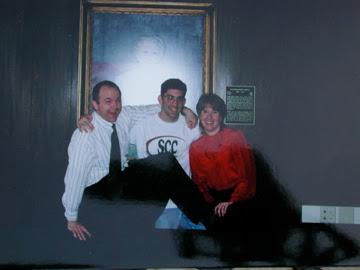
One of our Student Advisors (We’ll call him “Chip.”) was a white ROTC member. He was also a responsible, friendly, great person. I liked visiting with him, but there was an incident where Chip and I saw two entirely different perspectives on an issue.
After a late night fire drill, Chip was helping to review student ID’s as sleepy residents filed back indoors. As a white male resident walked past Chip, the student responded to a question from Chip either by ignoring him, or by replying in a way that Chip found disrespectful. Chip chose to follow the student up the stairs as he made his way back to his dorm room, continuing to question the student.
The interaction ended with Chip being told off by the student, whom he then wrote up for disciplinary action.
I met with the student and listened to his side of the story. (Chip’s side was spelled out in the disciplinary report.) I believed the student’s perspective and issued no penalty or punishment for the interaction.
When I let Chip know my decision, he was both angry and confused. He sincerely felt I wasn’t sticking up for him and his authority. I asked him why he had followed the student up the stairs.
“He spoke to me disrespectfully. I had to respond to that. In the military it would never be allowed.”
And there was the critical factor: We were not in the military, and I expected Chip, as a staff member, to de-escalate situations. By following the student up the stairs, he was pushing for escalation. He was forcing the student to respond. Chip wanted a kowtow, and he wasn’t going to get it, so he attempted to force it.
Chip and I had a very honest, good discussion, but I don’t believe he was ever able to understand my perspective. From his perspective my allowing the student…and by extension every student…to not yield to staff authority would lead to chaos and anarchy.
I didn’t have children at that time, but having children has continued to teach me, sometimes brutally, that the person in authority has the power, and must make the decision for de-escalation.
Monkey needed to run back into the house for something back when we still had the funny van. I was feeling anxious about getting somewhere on time and said, as the back van door was sliding open, “Hurry, Monkey, hurry!” in a very pushing, anxious voice.
With a tense look on her face the poor kid tripped on something as she was stepping out of the van, falling out of the van door onto the cement.
That was completely my fault. I escalated that situation. It was in my power to make it low-key, and I didn’t. I followed her up the stairs.
Time and again, we have this choice. Sometimes we choose poorly. Sometimes we keep our cool. And sometimes an issue is worth escalating over.
I’ve been thinking about this in connection to relationships between the police and the African-American community. With my limited, privileged white perspective, it often looks like the officer chooses to escalate the situation. Is in fact trained to do so.
Here are two articles I read today. Both have links to videos which I did not watch because I find it too upsetting. Please choose accordingly.
Black woman calls 911 out of fear of police officer.
Black Man gets arrested for walking on the side of the road.
I have heard so many (generally white people) say, “If he (Black youth) would just have listened, been respectful, done exactly what the officer said, etc…he would have been fine.”
That’s like asking an assault victim what she was wearing.
The person in power makes the choice on whether to escalate the situation or not.
In my home, it can lead to hurt feelings or a scraped knee. In interactions with the police, it can lead to death, on both the civilian and officer sides.
My friend Kathy, who is a leader in the Nashville Metro Police Department shared a story with me about a police chief she heard speak who in his entire career did not have a single civilian complaint lodged against him. In a long career, that is an amazing accomplishment. When asked, he said it was because he was careful to always preserve the dignity of the people with whom he interacted. For some of them, that was all they had. If you take that away, they have nothing to lose.
I’m not sure if this is the same officer Kathy was discussing, but I think this post does a lovely job explaining the concept.
Speak peace from your place of power.
In your home, on the street, within your heart.

